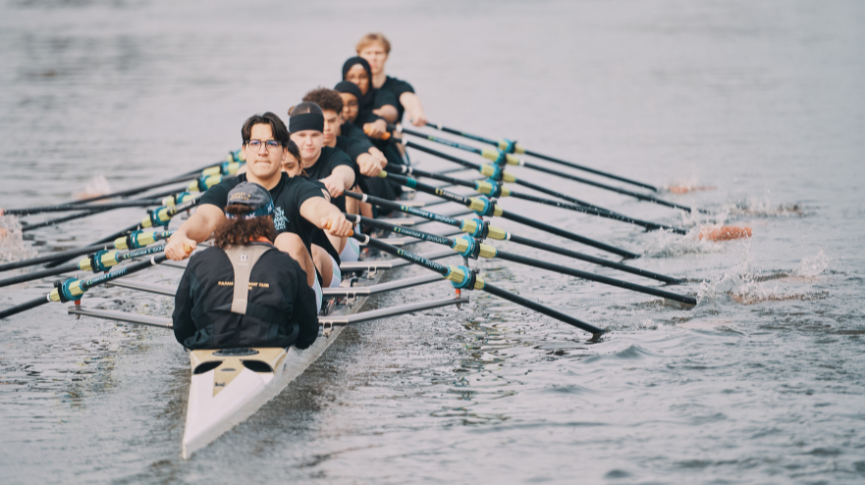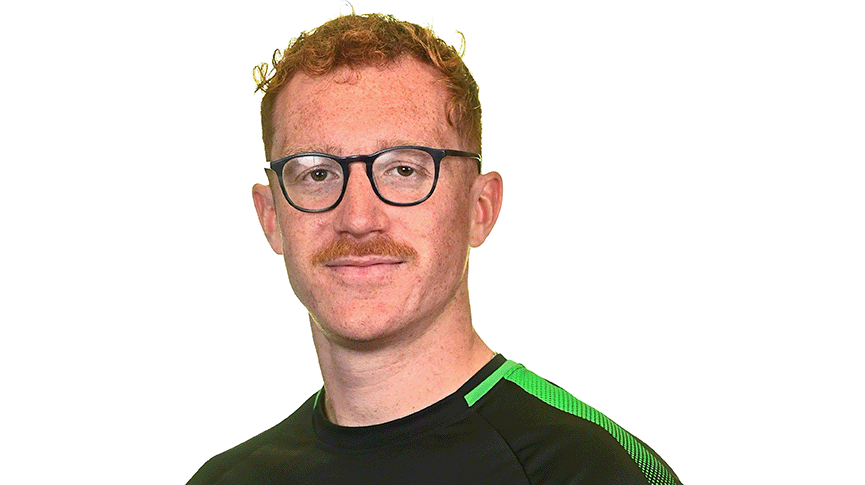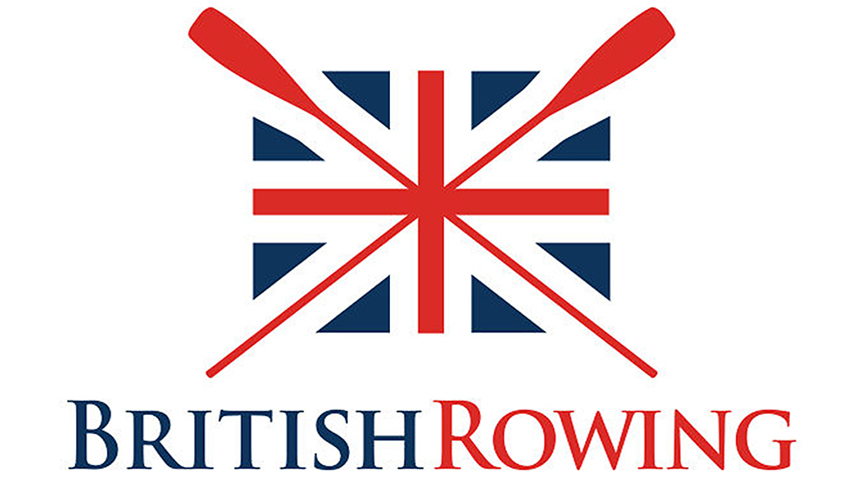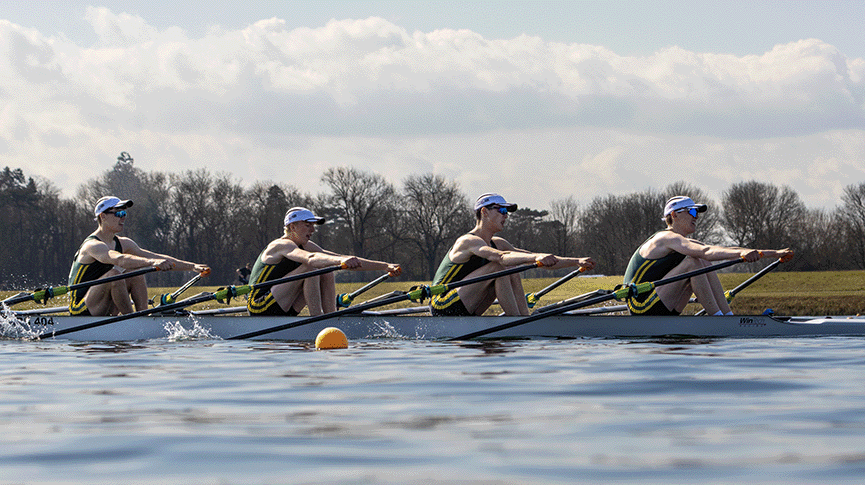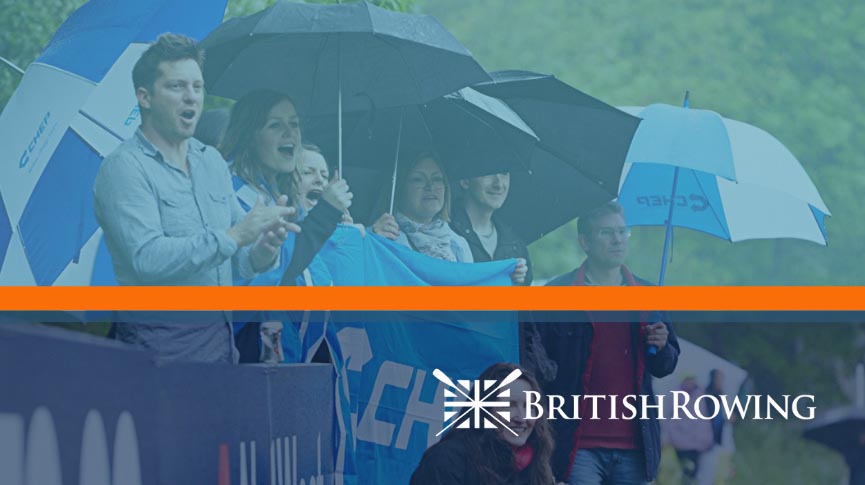‘If a woman chooses to have a family and pursue a career coaching, she can still be successful’
World Class Start coach Nicola Benavente believes education is needed on both sides to make a step change in gender balance amongst coaches. She speaks to Martin Gough
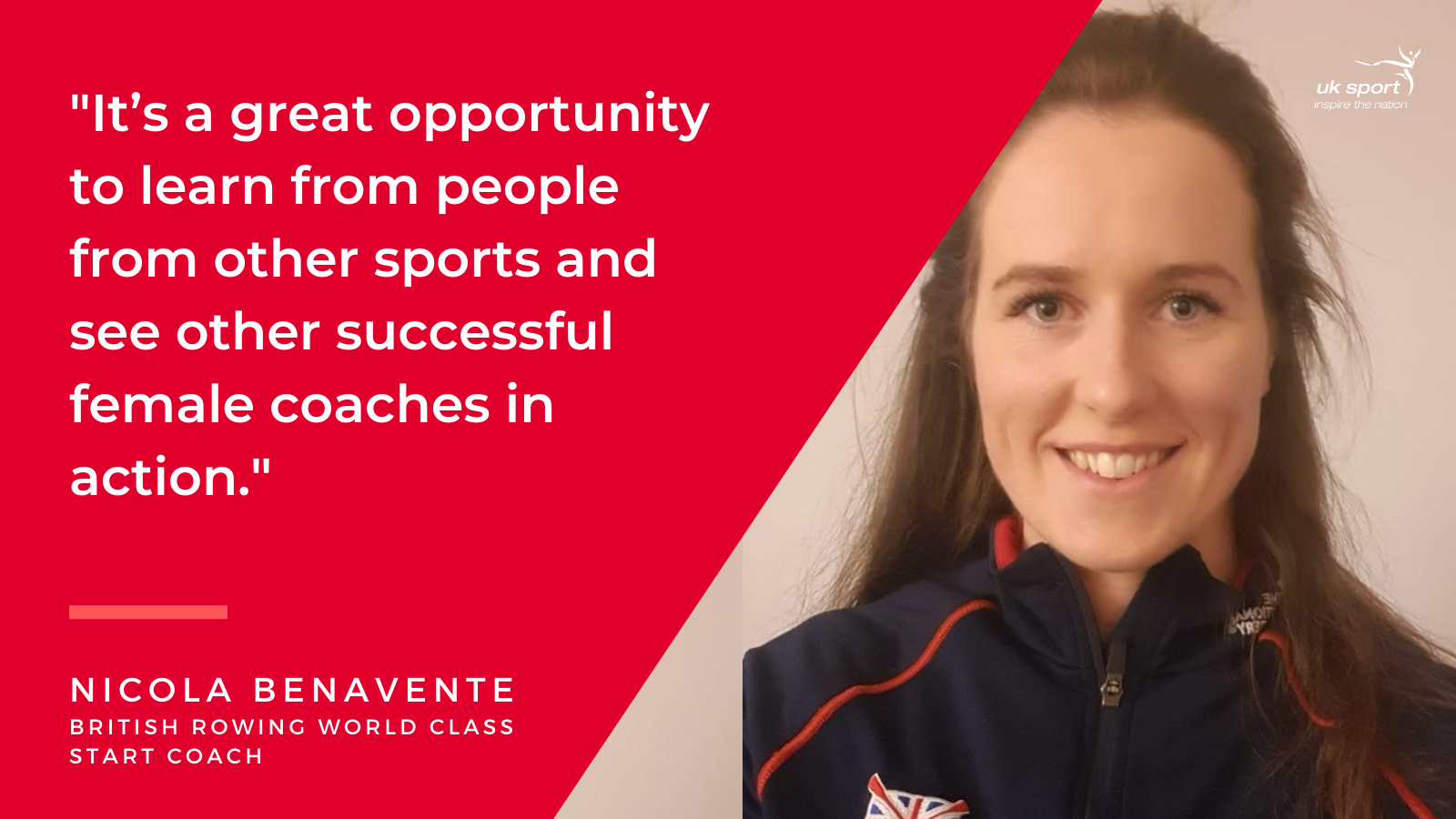
Nicola Benavente
UK Sport is hoping that by the Paris Games in 2024, a quarter of Team GB’s coaches will be female. As we celebrate International Women’s Day you might ask, “Why not half?”
In fact, the ratio of female to male coaches within Olympic and a Paralympic programme is far less than a quarter at the moment. A new leadership programme aims to double the number of female high-performance coaches over the next three years.
Nicola Benavente represents rowing in a group of 27 coaches from 15 sports taking part and says of the programme’s aim: “To me it’s a big statement, a big change.”
“It’s not just to get women in [to Olympic teams] to tick a box, it’s to be successful.
“We could have done this ages ago, if it was just about getting women in, but how do we make it so women can come in and perform to their abilities and stay there?”
Benavente, who has worked for British Rowing’s World Class Start programme since 2014, is being mentored by Paula Dunn, a former Olympic sprinter on the track who has been head coach of the British Para-athletics programme for a decade.
“How can we, as a cohort of female coaches, break into the top layer of coaching?” asks Benavente. “I always find it really interesting talking to coaches from other sports as there is a lot to be learnt from other people’s experiences.
“So far on the programme we have had a few in-depth discussions, which has definitely got me thinking. I catch up with Paula every week to reflect and focus the discussion on my development specifically and where I can improve.”
“I work at 100mph – if I can fill every minute of the day with something, I will. I don’t sit down and think about why something has or hasn’t gone well. The first thing I need to do is give myself time to look back on what I’ve done and ask why I think certain things.”
Benavente, who comes from Bexley in Kent, doesn’t have a huge pedigree as a rower. Having taken up the sport at Brunel University she realised quite quickly that coaching was the best use of her skills and spent time in a role with the Henley Stewards Charitable Trust before joining the Start programme in Nottingham.
There, she works with a group currently nine-strong, with the sole aim of producing athletes who might win Olympic medals.
At one extreme of the squad is Matthew Haywood, twice a world champion at under-23 level, who hopes to qualify in the single scull for the Olympics this summer. At the other, there are 14 and 15-years-olds who may not even have sat in a boat yet.
“We recruit people into the programme who wouldn’t necessarily have come to rowing via another route, or people who are in rowing, but might not have had the best opportunity,” Benavente explains.
Ten Start coaches around the country act as project managers for their athletes: coaching on the water, setting strength and conditioning programmes, helping with access to physiotherapy and contributing an element of life coaching too.
“You’re pulled from high performance to setting the best foundations you can, so that in six to eight years’ time someone else could be in the same position.”
“We don’t work in big groups, so that we have the time for individuals, to try and guide them to be the best they can be. Every now and again one or two of them will come out on top.”
“She’s very good at knowing how to coach different people. There is not one black-and-white way”
Haywood, from nearby Burton-on-Trent, moved from his local club Burton Leander to train at the National Water Sports Centre in 2016, when he was aged 17. With Benavente as coach he won a silver medal in the double scull at the Coupe de la Jeunesse that summer.
“All you can see at the time [as an athlete] is the short term,” he says of that year. “At the time it was massive for me to make Junior Worlds or Coupe and if I hadn’t have made it, I would have failed. But Start and Nicola were looking two, three, four years down the line.
“Nicola’s a very good coach, we get on well and we work well together. She’s very good at knowing how to coach different people. There is not one black-and-white way; there are many different ways to the same outcome.”
Benavente is most proud of the way the duo worked together in 2019, when Haywood overcame a back problem and returned to action in time for the World Rowing Under-23 Championships in Florida, where he won his second successive gold in the quad.
Coaching two female single scullers in Sarasota – including gold medallist lightweight Susannah Duncan – Benavente was one of three female coaches, from 11 coaches in total, in the GB Rowing Team.
Now, while dealing with the structures of the COVID-19 pandemic, she and Haywood have their eyes on Tokyo.
“Things can always change, but the main focus for me is trying to go for the final Olympic qualifying regatta,” says Haywood. “Nicola and I have sat down – we’ve got a plan and we’re confident in how we will go about it.”
“It sort of annoys me that everything has to be aimed at women; I always wonder why we don’t educate men”
So, why aren’t there more female coaches?
“It sort-of annoys me that everything has to be aimed at women. I always wonder why we don’t educate men,” says Benavente. “If you want to make a change, you can’t just do it at one end.
“There is a lot of bias in the set-up of sport, even how job adverts are written. This doesn’t affect me, but being a parent is very different between males and females. If a woman chooses to have a family and pursue a career coaching, she can still be successful, the two are not mutually exclusive. It doesn’t make her any less of a good coach and nor does it mean the system should exploit that as her being less capable.
“It can be hard walking into a meeting, especially as a young woman, when the room is full of men. For new coaches coming in this can be daunting, but as a woman you stand out as there are very few others. This is exaggerated more so when you look at certain disciplines. Most females will coach female athletes, there are very few who solely coach males, yet it is completely normal the other way around.”
Benavente realises she needs to be more reflective, but her self-awareness is clear when she admits being an Olympic coach may not be for her in the long term. There is only one way to find out.
“I find it really hard to say I want to be an Olympic coach when I’ve never worked at that level,” she says. “I’m keen to try, to see where I can go with it. If I enjoy the lifestyle, working to that level and with those athletes then I’d be up for it.
“But I’m also aware I really enjoy working with the athletes on the development side. I’m sure at the top level that coaches do have some input to athletes as people, but that’s a big part of my job which I really enjoy.
“I’m definitely interested and I will push that but I wouldn’t say that’s the be-all and end-all for me.
“If I can be the best development coach I can be, I see that as being just as successful, as being in an Olympic team. Development coaches play a huge part in Olympic athletes’ journeys.”
Don’t miss our bonus content for International Women’s Day on British Rowing Plus, our exclusive platform for British Rowing members here. There you’ll find a special interview with IOC Vice-President Anita DeFrantz as well as a feature with Dr Emma Ross on sport science and female athletes.
If you’re not yet a member of British Rowing, you can use our #InternationalWomensDay discount code IWD2021 to get 10% off – today only!



